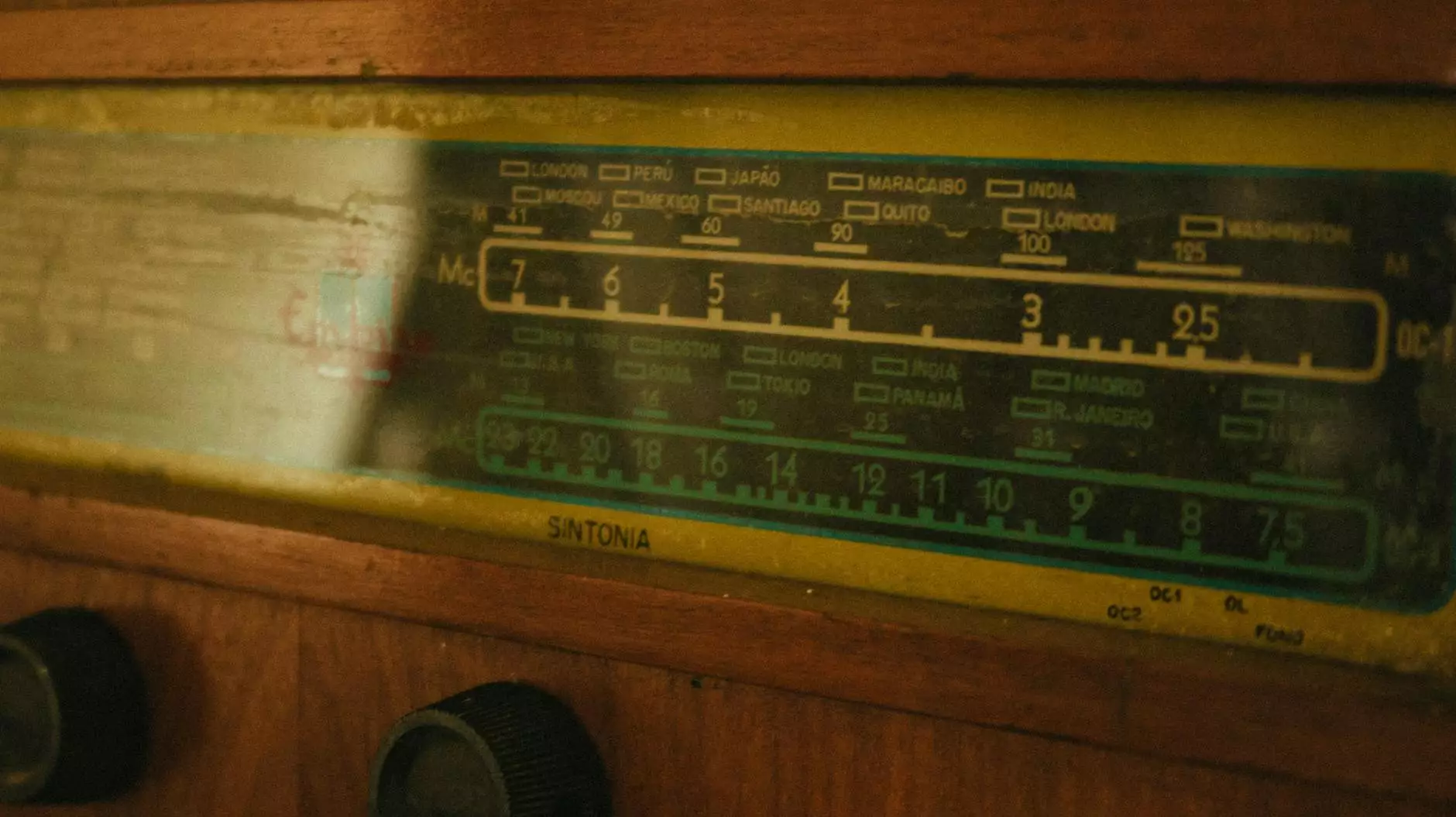Unleashing the Power of Label Printers for Your Business

Label printers have become an integral part of many businesses, enabling them to streamline their operations, enhance productivity, and maintain organization. Whether you are in retail, manufacturing, or logistics, the right printing solutions can significantly impact your business efficiency. In this article, we'll explore the various aspects of label printers, their benefits, and how they can transform your business operations.
Understanding Label Printers
A label printer is a specialized printer designed to create labels for a wide variety of items, from product labels to address labels, barcode labels, and more. These devices come in various types, each catering to different business needs. Understanding the various types of label printers can help you choose the one that best fits your requirements.
Types of Label Printers
- Direct Thermal Printers: These printers use heat to activate a chemical on the label, creating an image without the need for ink or toner. They are ideal for shipping labels and inventory management.
- Thermal Transfer Printers: These printers use a heated ribbon to transfer ink to the label material. This method produces more durable and long-lasting labels, perfect for product identification.
- Inkjet Label Printers: Utilizing ink cartridges, these printers are known for their high-quality color labels. They are perfect for businesses that require vivid and detailed prints.
- Laser Label Printers: These printers employ laser technology to produce sharp and clear labels at a fast speed. They are suitable for high-volume printing tasks.
- Portable Label Printers: Ideal for on-the-go labeling needs, these compact printers are perfect for fieldwork and events.
The Importance of Label Printers in Modern Business
Label printers are not merely tools for printing; they are essential assets that can improve business operations in various ways. Below are some key benefits of incorporating label printers into your business:
1. Enhanced Organization
Labeling items with a clear and professional format helps keep your workplace organized. Whether it's labeling inventory, files, or packages, clearly marked items reduce confusion and increase efficiency.
2. Increased Efficiency
Using label printers can automate many of the labeling tasks, saving time and effort. In fast-paced environments, the speed of generating labels on-demand allows employees to focus on more critical responsibilities.
3. Cost-Effective Solutions
Investing in a label printer can be cost-effective over time. By producing labels in-house, businesses can save on outsourcing costs and avoid delays associated with external printing services.
4. Professional Appearance
Professional-looking labels can enhance your brand image. Businesses can create custom labels that carry their logo, colors, and special designs, making their products stand out in the market.
5. Versatility and Customization
Label printers provide a wide range of labeling options, including different sizes, shapes, and materials. They allow businesses to customize labels for various applications, from shipping labels to promotional stickers.
How to Choose the Right Label Printer
Selecting the right label printer involves considering several factors to ensure you meet your business needs effectively. Here are some essential criteria to evaluate:
1. Printing Technology
Decide on the printing technology that aligns with your needs. For example, if you need durable labels, thermal transfer printers may be a better choice than direct thermal printers.
2. Volume of Printing
Consider how many labels you will print daily. For high-volume needs, you may want a printer that offers fast printing speeds and can handle large label rolls.
3. Label Sizes and Types
Ensure the printer you choose can accommodate the sizes and types of labels you need. Some printers are limited in the width and length of labels they can produce.
4. Connectivity Options
Look for label printers with flexible connectivity options, such as USB, Ethernet, and wireless. This ensures that multiple employees can access the printer easily.
5. Software Compatibility
A good label printer should be compatible with your existing software. Check if it integrates with your inventory management, shipping, or accounting software.
Label Printers in Various Industries
The use of label printers spans across multiple industries. Let’s explore how different sectors benefit from utilizing these invaluable devices.
1. Retail Industry
Retailers use label printers for product labeling, price tags, and promotions. With the ability to create labels quickly, retailers can respond to changing prices or promotional deals efficiently.
2. Warehouse and Logistics
In the logistics sector, accurate labeling is crucial. Label printers streamline operations by making it easy to generate shipping labels, barcode labels, and inventory tags, thus reducing errors and improving tracking.
3. Healthcare
The healthcare industry relies on label printers for patient identification, medication management, and specimen labeling. Precise labeling can enhance patient safety and ensure accuracy in medical records.
4. Manufacturing
Manufacturers use label printers for product identification, quality control, and compliance labeling. Properly labeled products help in managing inventory and maintaining high standards of quality assurance.
5. Food and Beverage
In the food industry, labels need to comply with stringent regulations. Label printers allow companies to produce ingredient lists, nutritional information, and expiration dates efficiently and accurately.



